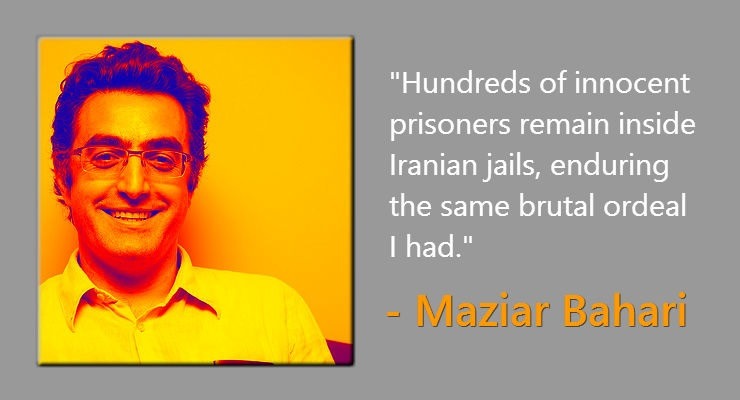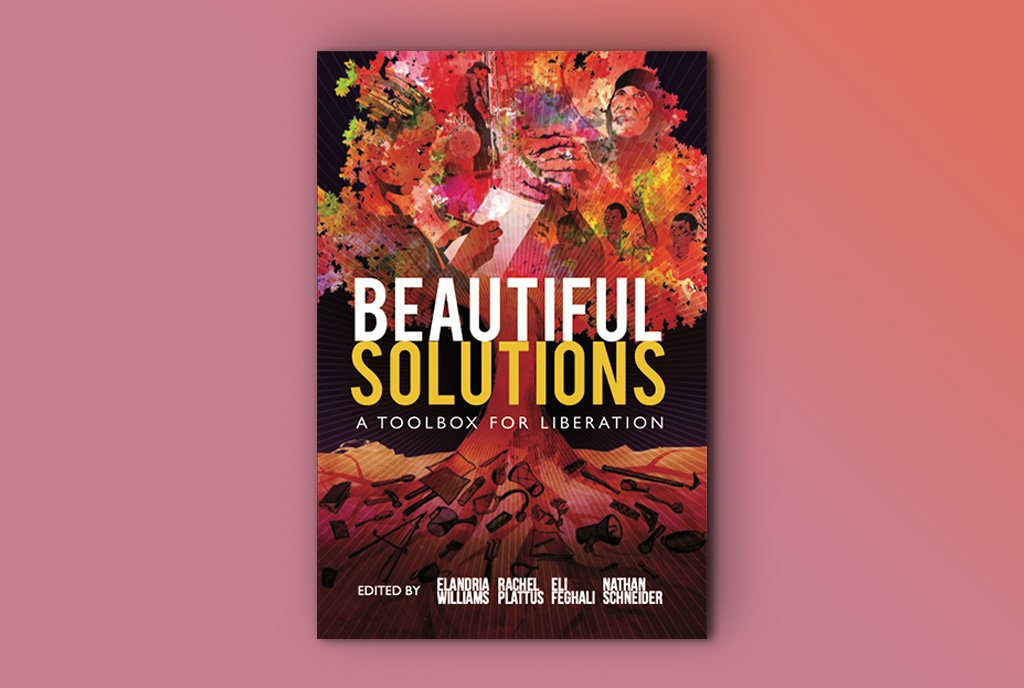
September 22, 2015; New York Times
In 2009, Maziar Bahari spent 118 days being tortured in an Iranian jail without cause. His campaign and mural project hopes to bring attention to the 30 journalists currently imprisoned in Iran.
There are currently 30 journalists imprisoned in Iran. Second only to China in the number of detained journalists, Iran has an ongoing problem with respecting the boundaries of the foreign and it’s own domestic media. This past summer, Maziar Bahari, an Iranian-Canadian journalist and a past victim of Iran’s tyrannical crackdown on journalists, initiated a campaign “Journalism is Not a Crime” and founded a nonprofit focused on freedom of the press and educational access in Iran. Now, his campaign is also developing striking public art murals.
Around a half-dozen murals have been painted in New York and across the bridge in Jersey City, New Jersey of a variety of different images. A mural in Brooklyn looks like Atena Farghadani, an artist and activist who is serving a 12-year sentence in an Iranian jail for drawing a cartoon that criticized the inaccessibility of women’s birth control in Iran. Other murals appear to have a more abstract connection to the social justice mission of the project. Argentinean artist Marina Zumi painted a teal-colored gazelle against a black background that struck one passer-byer.
Sign up for our free newsletters
Subscribe to NPQ's newsletters to have our top stories delivered directly to your inbox.
By signing up, you agree to our privacy policy and terms of use, and to receive messages from NPQ and our partners.
“I feel like this is liberating,” said Paaris Douglas, after he had asked Zumi about the project. “It’s the fact we’re allowed to express how we feel with anyone saying or telling us what we can and can’t do.”
The project is an extension of Bahari’s own experiences being jailed in Iran. Back in 2009, Bahari was arrested without cause and jailed in Evin Prison, one of Iran’s jails notoriously brutal jails, where he was held in solitary confined and psychologically tortured for 118 days. After he left the country, Bahari was sentenced to more than 13 years in prison on a slew of charges.
While Bahari was released, other journalists like the Washington Post’s Jason Rezaian have not been so lucky. Rezaian has been held in Evin Prison for over a year on espionage charges, despite pleas from American leaders calling for his release. Last week, a UN human rights committee heard an appeal on Razaian’s case by his brother.
Bahari is hoping the public art will bring attention to what is clearly a very important issue with American journalists currently jailed abroad. Specifically he’s hoping to spark a human rights dialogue among diplomats attending the UN General Assembly later this month, which Iranian president Hassan Rouhani is due to attend. –Shafaq Hasan












